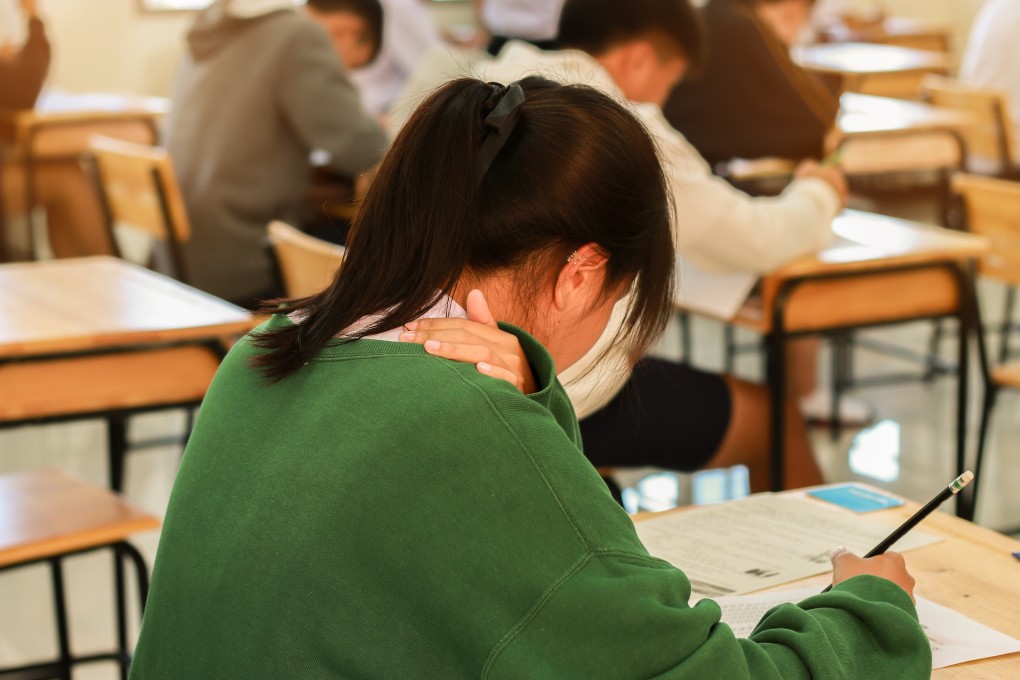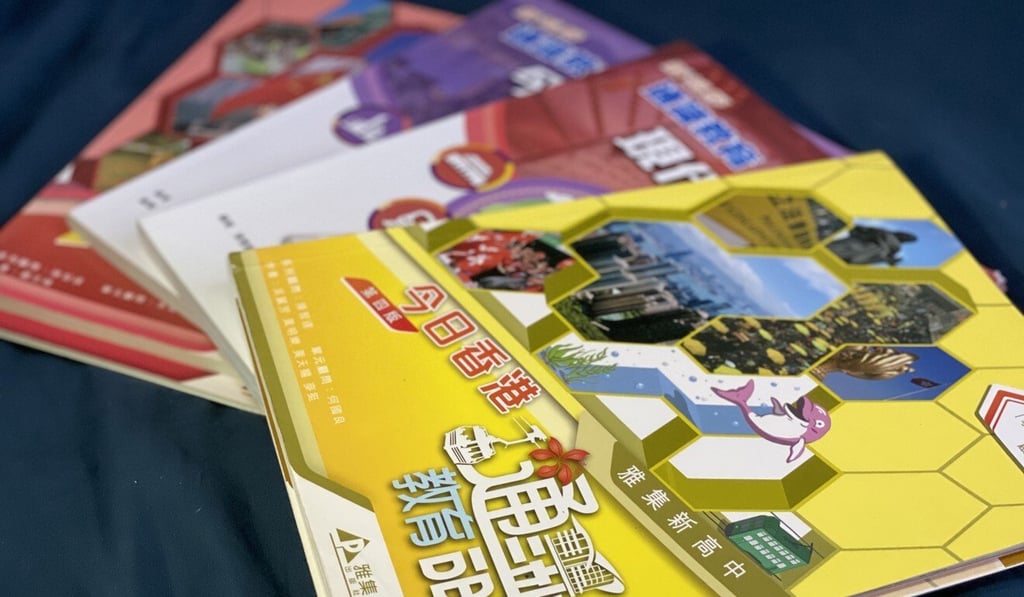Hong Kong publishers make changes to Liberal Studies textbooks after voluntary review
- Alterations include removing term ‘separation of powers’ and stressing that civil disobedience carries legal consequences
- Teachers fear classroom discussion will suffer and call for explanation of vetting criteria, but Education Bureau says publishers only received advice

When Hong Kong students open their Liberal Studies textbooks next month, many will no longer find the phrase “separation of powers” anywhere inside, while the definition of civil disobedience will carry a new emphasis on the legal consequences participants can expect to face.
The changes come after the six publishers that produce most of the textbooks used by schools to teach the subject agreed to take part in a voluntary screening programme established by education authorities, a process they say could become mandatory.
Teachers expressed concern that room for discussion in the classroom would be narrowed and called for an explanation of the vetting criteria. One educator, however, said altering the language used to describe civil disobedience presented a more balanced view of the topic.

Liberal Studies was introduced as a core subject for senior secondary school students in 2009 in an attempt to strengthen their critical thinking, expand their general knowledge and raise awareness of contemporary issues.